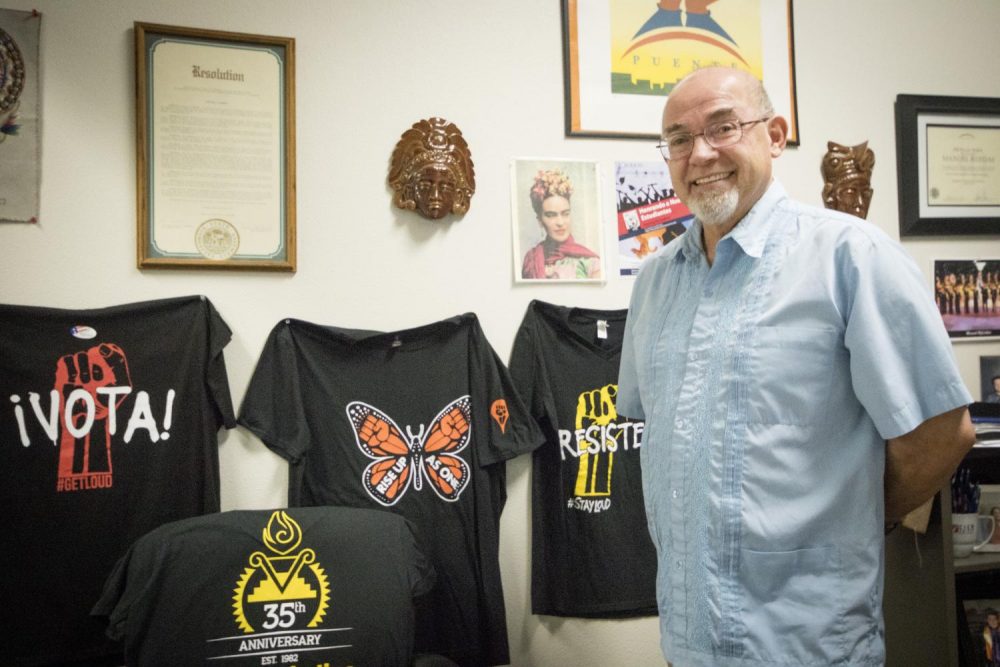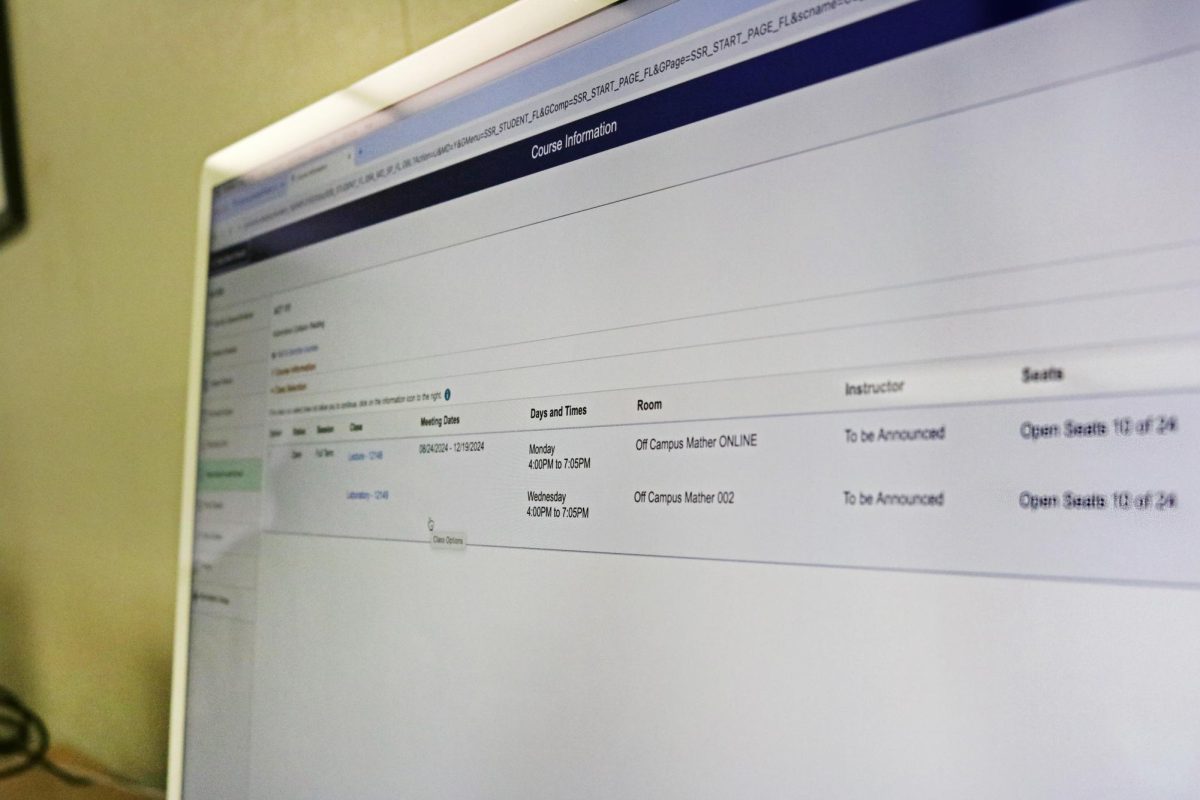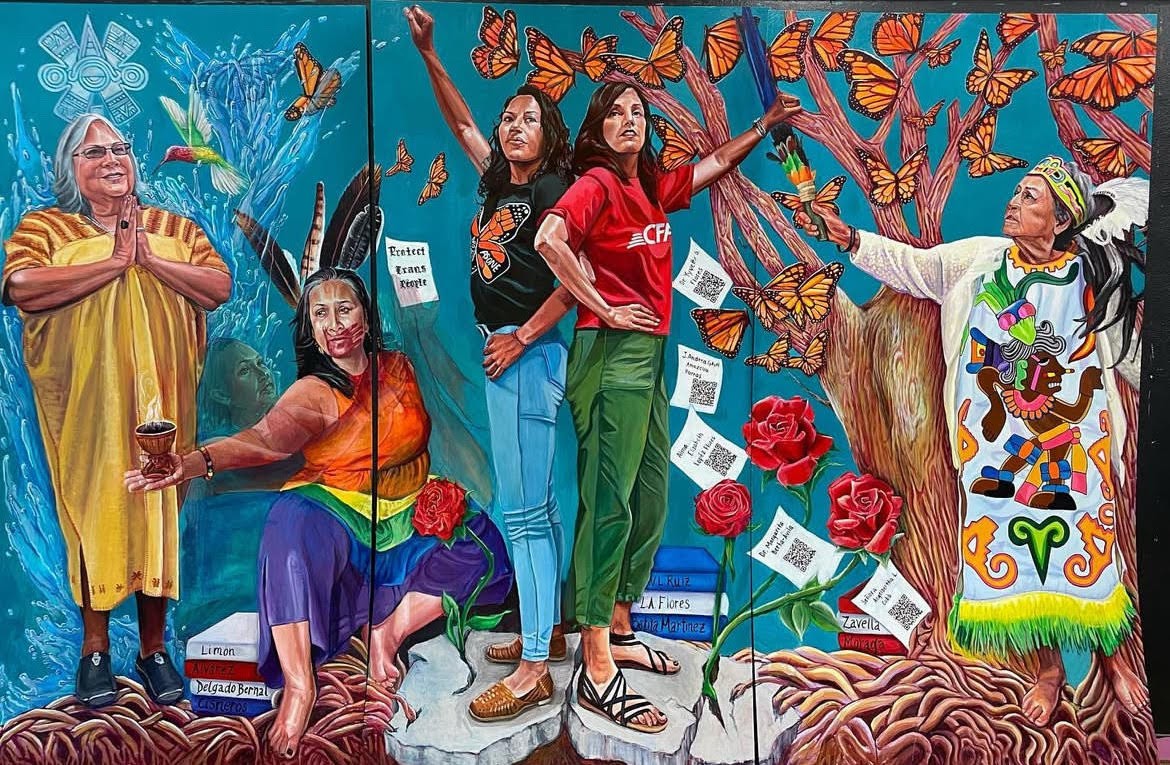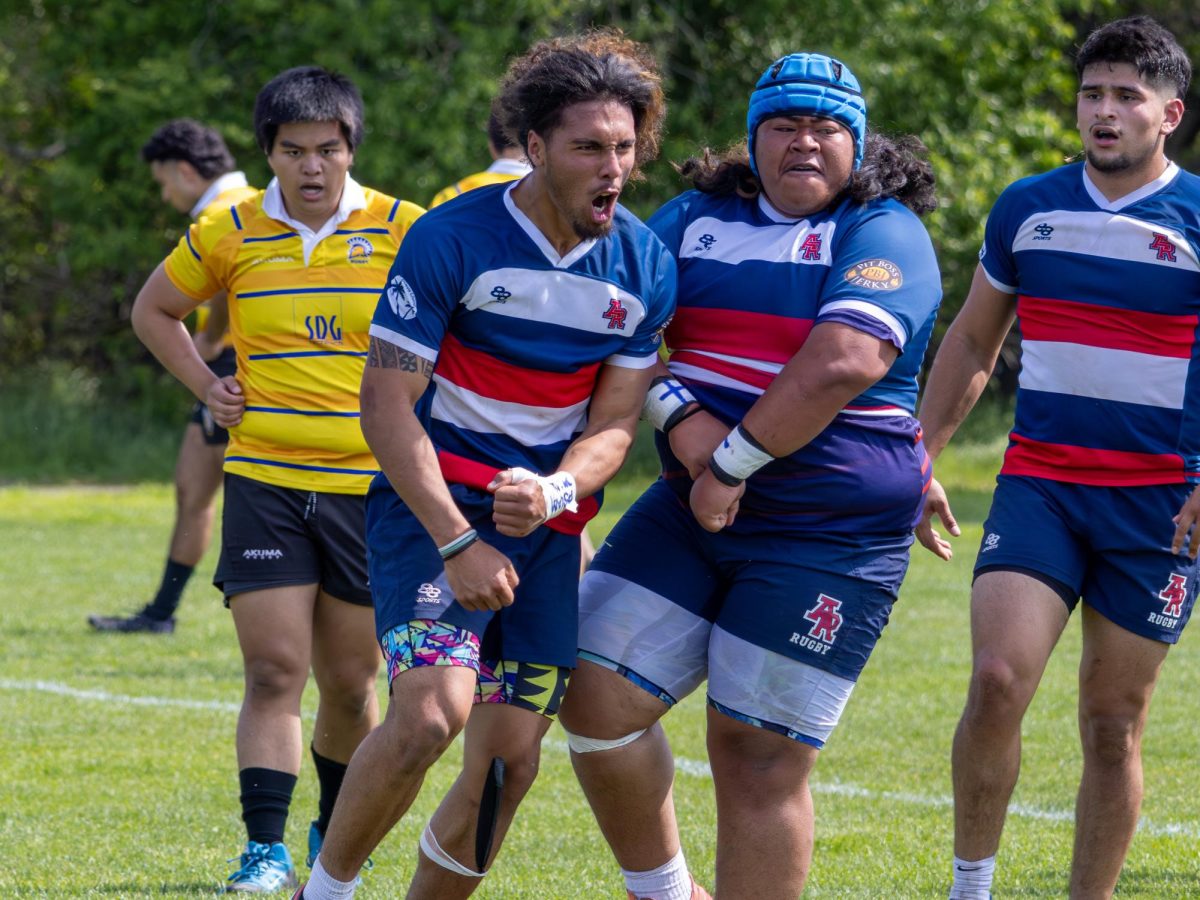American River College is currently in the beginning stages of a process that administration says will make students more successful and will also provide an overall more inclusive campus.
If the college can deliver on these promises, then ARC looks to be headed towards a bright and prosperous future where students of all racial, economic and social backgrounds can find a place to succeed.
But that’s a big ‘if’. If ARC really wants to redesign the entire campus experience in order to help minority student groups, then they need to make sure that they pull no-stops and are willing to listen to these students, no matter how small a segment of the student population they may represent.
The student groups who need the most help also tend to be the ones that voice their concerns the least and are most often overlooked.
If ARC plans to succeed than they must find a way to counteract this trend and listen to those who rarely speak.
ARC Public Information Officer Scott Crow has said that this campus has already begun reaching out to their campus community to see what they would like to see from the administration.
It’s a step in the right direction from campus officials.
If anything, the campus already took a big step when it opened the Pride Center in the spring.
The administration is also currently looking to hire a full-time faculty member that would oversee the programming and services offered by the Pride Center.
These moves seem to be a signal of good faith from the higher-ups at ARC that they are looking out for minority groups, but it is only a small step on a very long path.
Student senate recently voted on creating a center for DACA students and while it is still lacking the final acknowledgement from school administration, if passed it would create a safe space for one of the most vulnerable student groups on campus.
The centers’ purpose would be to help the student and faculty to better understand undocumented students. The center would provide ally training for the faculty of ARC and interested students so situations like accidentally outing a DACA students no longer arise.
If the administration is serious about continuing this effort towards a more inclusive ARC, then it’s groups like the DACA students who will need a direct pipeline to school officials. Given the delicate nature of the situation, a lot of DACA recipients are afraid to speak publically on the issues that affect them the most.
“A center would help train professors faculty and staff on how to deal with matters that pertain to these students,” Student Senate President Deborah Hernandez said.
ARC Public Information Officer Scott Crow recently said that school officials are already looking to find some of the minority groups on campus and hear them out.
“The exciting part is we want to listen. We want to do this right,” Crow said. “We want to meet the community needs but in order to do that we need to find out what the community wants. That’s why we are going through that listening process with the community.”
ARC should model their redesign after programs like the Puente Project, which has already improved the education for many students in need.
The Puente Project is a program that pairs students with former students in a mentorship program in order to help them with their educational goals.
Counselor Manuel Ruedas is one of the people overseeing the guidance of students enrolled in the Puente program. These students are called puentistas.
Ruedas said there is a quote that sticks in his mind whenever he thinks about the work he is doing for the puentistas.
“[There is aquote a Mexican Revolutionary, Emilliano Zapata, it goes: ‘It is better to die on your feet, than to live on your knees.’ I like to think I’m helping students find their feet,” Ruedas said.
These examples however are not the first time this campus has made an effort to be more inclusive. ARC is also home to a Veterans Resource Center.
The VRC is designed to help veterans make the transition from active military life to the college campus, with the help of certified officials. There they provide information on educational benefits, help identifying Community Resources for veterans and their dependents, and local VA representatives.




















